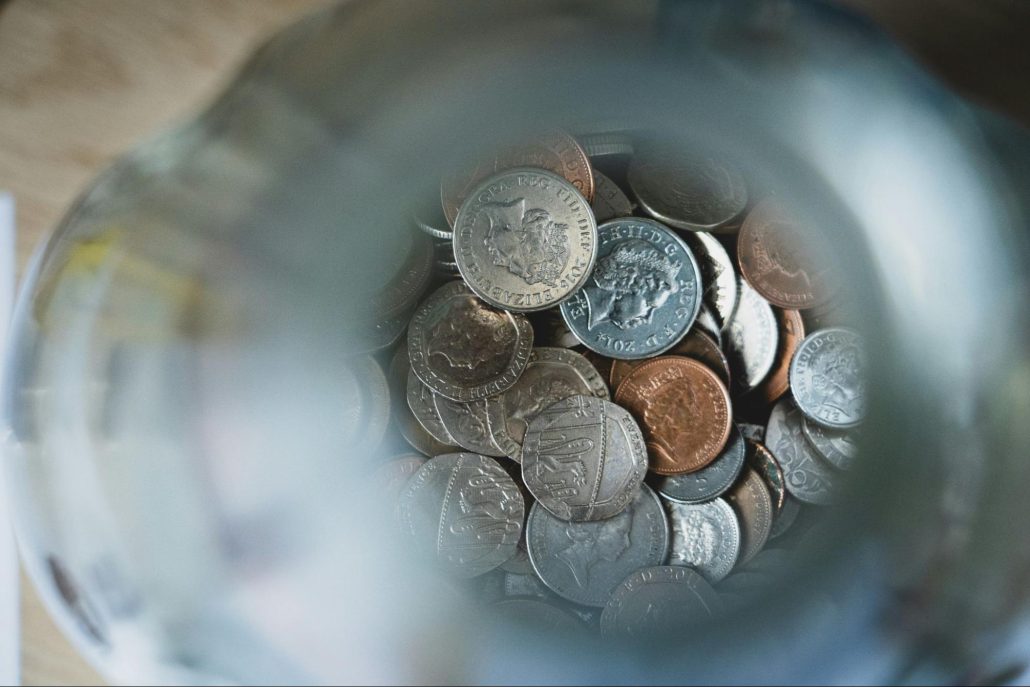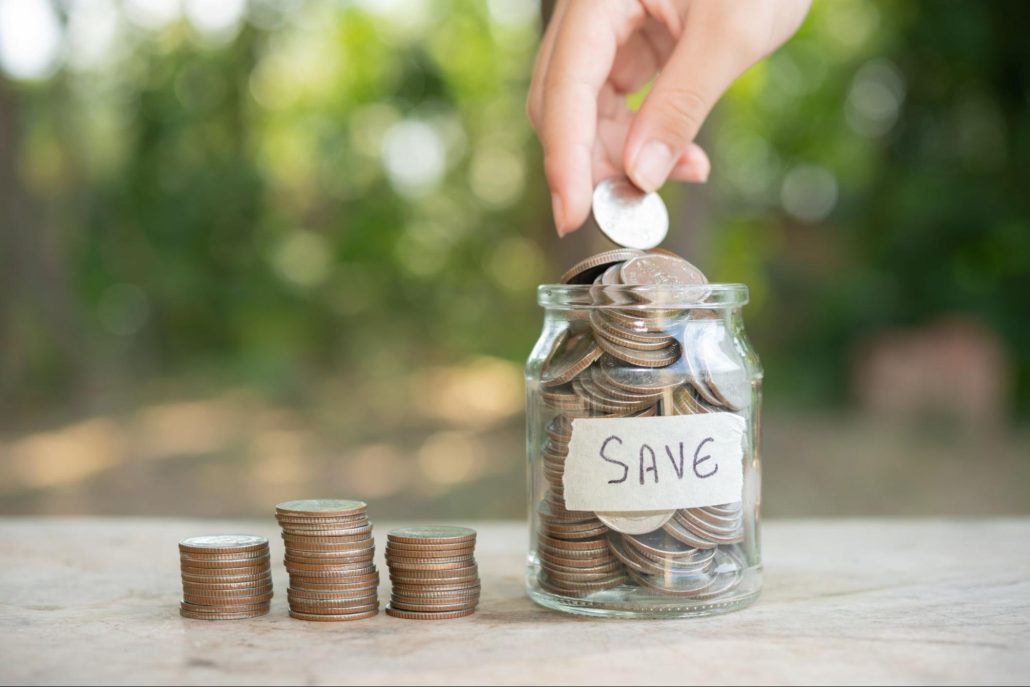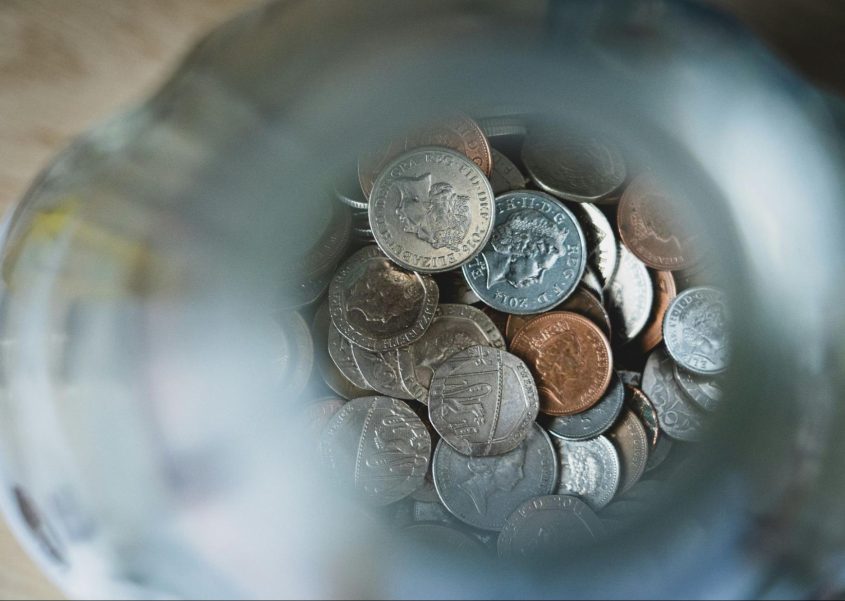How To Get Out Of Debt?
Last updated on August 30th, 2024 at 09:14 am
Imagine waking up every morning with a sense of dread, knowing that your bills are piling up and your credit card statements are glaring at you from the dining table. This is a familiar scenario for many people across the UK who are struggling to stay afloat financially, constantly worried about how to make ends meet.
The pressure of debt can weigh heavily on your shoulders, turning everyday decisions into a source of anxiety and stress. Whether it’s the cost of living, unexpected expenses, or just the mounting pressures of everyday life, debt can creep up on anyone, making it feel like there’s no way out. If you can feel yourself nodding along, you’re not alone in this struggle; many people find themselves in similar situations, feeling trapped by their money and they payments they need to make.
This is where this blog comes in, ready to hopefully offer a beacon of hope and practical advice. We’ll walk through the steps you can take to tackle your debt head-on, including how to assess your financial situation, prioritise payments, and implement the strategies that have helped many others before you.
Its So Important To Understand Your Debt
Before you can begin to tackle your debt, it’s essential to take a step back and assess your finances. One of the most effective ways to do this is by making a list of all your debts, no matter how big or small. This includes everything from credit card balances to mortgages and car loans, as well as any informal debts you might owe to friends, colleagues or family members.
Once you have a complete list, the next step is to calculate the total amount of debt you owe. This can be an eye-opening experience, but it’s an essential part of the process because understanding the size of your financial obligations is key to taking control of them.
Next, it’s important to identify the different types of debt you have. Generally, debts can be categorised as either secured or unsecured. Secured debts are those that are backed by collateral, like a mortgage or car loan, where your home or vehicle is at risk if you fail to make payments. Unsecured debts, on the other hand, do not have this kind of collateral attached and include credit cards, personal loans, and overdrafts. Understanding the difference between these types of debt is crucial, as it can help you prioritise which debts to focus on first.
In addition to identifying secured and unsecured debts, it’s vital to recognise your priority debts. Priority debts are those that have the most severe consequences if not paid. These include things like mortgage or rent arrears, council tax, and utility bills. Ignoring these debts could lead to serious repercussions such as losing your home or having essential services cut off.
After categorising and prioritising your debts, analysing your income and expenditure is a fundamental step. This involves taking a close look at how much money is coming in each month versus how much is going out. Creating a budget is one of the most effective ways to understand your financial habits and identify areas where you can make changes. There are plenty of budgeting tools and apps available that can simplify this process, making it easier for you to track your finances. With a clear budget in place, you can start to see where your money is going and where adjustments can be made to free up funds for debt repayment.
Moreover, tracking your spending habits is an eye-opener and can reveal patterns you might not have noticed before. By keeping a record of your daily expenses, you can pinpoint unnecessary spending and find opportunities to cut back. Little changes, like bringing lunch to work or cutting down on takeaway coffees, can add up over time and significantly impact your overall finances.

When you’re working hard to repay your debts, one tool that might not immediately come to mind is a short-term loan. This type of loan can be a smart and effective option for managing financial obligations, particularly when you’re facing high-priority debts that need immediate attention. Consider how stressful it can be to juggle multiple due dates, each with different amounts and varying interest rates. It’s easy to feel overwhelmed when every day brings another deadline and another bill demanding payment.
A short-term loan, however, takes some of this pressure off by transforming several payments into just one, allowing you to focus on a single monthly payment rather than a large number of individual debts. This can be particularly beneficial for those who struggle to keep track of multiple financial commitments, as it streamlines your obligations into a clear and manageable plan.
Seeking Professional Help Is A Great Idea
When you’re navigating the complex world of debt repayment, seeking professional help is incredibly important, especially if you think you need it. Whilst it might feel daunting to share your financial struggles with someone else, professional advisors have the expertise and experience to provide personalised advice and solutions tailored to your situation. Their guidance can be invaluable in helping you regain control over your finances, especially when you’re unsure of the best path forward.
Debt Advice Services
In the UK, there are many reputable organisations that offer free debt advice services, providing support without adding to your financial burden. StepChange, National Debtline, and Citizens Advice are just a few examples of these organisations that offer a wealth of resources and support for those in need.
- StepChange is the largest provider of free debt advice in the UK, offering expert advice, debt management plans, and other debt solutions that can be tailored to your personal circumstances. They provide a supportive and non-judgmental approach, helping you understand your financial situation and develop a plan that works for you.
- National Debtline offers a free helpline that you can call for immediate advice and support. They provide practical guidance on how to deal with creditors, understand your rights, and manage your finances effectively. They also offer online tools and resources that can help you make informed decisions about your financial future.
- Citizens Advice is a trusted name in providing free, independent, and confidential advice on a wide range of issues, including debt. Their advisors can help you understand your options and support you in taking action to resolve your financial difficulties.
These helpful organisations not only offer practical advice but also provide a compassionate ear and reassurance during what can be a very stressful time.
Our Tips To Maintain A Debt-Free Lifestyle
Achieving a debt-free lifestyle is a significant accomplishment, and maintaining it requires continued effort and commitment to good financial habits. Staying debt-free is about making informed choices, building financial resilience, and fostering habits that support long-term financial health. Here’s how you can maintain a debt-free lifestyle and ensure your financial stability in the long run.
Build an Emergency Fund
One of the most crucial steps in maintaining a debt-free lifestyle is building an emergency fund. Life is unpredictable, and unexpected expenses can arise when you least expect them, such as car repairs, unexpected bills, or even a sudden job loss. Without a financial buffer, these unforeseen costs can quickly lead you back into debt as you scramble to find ways to cover them.
This is where having an emergency fund provides you with peace of mind, knowing you have a safety net to rely on when times get tough.An emergency fund acts as a financial cushion, helping you navigate life’s ups and downs without resorting to credit cards or loans. The key is to start small and gradually build up your savings. Begin by setting aside a small amount each month, and treat this fund as a non-negotiable part of your budget. By consistently contributing to your emergency fund, you are investing in your financial security and reducing the likelihood of falling back into debt.

Practise Healthy Financial Habits
Maintaining a debt-free lifestyle also involves cultivating healthy financial habits that support your long-term goals. Life changes, and so should your budget, so take the time to assess your spending and make adjustments as needed. Whether it’s a change in income or shifting expenses, staying on top of your budget helps you stay in control and avoid unnecessary debt.
Another important aspect of maintaining a debt-free lifestyle is staying informed about personal finance management. Financial literacy is a powerful tool that empowers you to make informed decisions about your money. Consider reading books, taking courses, or attending workshops to enhance your understanding of financial strategies.
Do What You Can To Avoid Future Debt
Avoiding future debt requires conscious effort and smart decision-making, particularly when it comes to using credit. Credit cards can be convenient, but they also come with the risk of accumulating debt if not managed responsibly. To prevent this, focus on using credit cards wisely and paying off the full balance each month. This practice not only helps you avoid interest charges but also builds a positive credit history.
When using credit, it’s important to know the difference between what you want and what you need. It’s important to ask yourself if the purchase is really necessary and whether you have the funds to pay it off in the immediate or near future. Practising mindful spending helps you maintain a debt-free lifestyle and fosters a sense of financial discipline. If you find yourself tempted to use credit for non-essential purchases, consider implementing a cooling-off period to reassess if you really do need it.
When you start by saving for an emergency fund, adopt smart money habits, and work to avoid future debt, you’re laying the groundwork for a debt-free life. This journey not only helps you feel more in control of your finances but also builds a sense of security and confidence as you move toward a stable financial future.
If you are interested in learning more about improving your finances, read some more articles on our Guides section. Here you will find everything you need to know when it comes to being better with your money.





Leave a Reply
Want to join the discussion?Feel free to contribute!